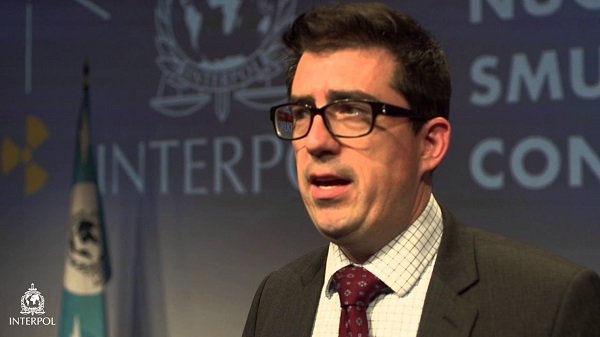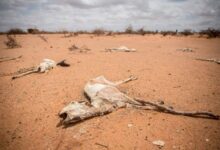
Two and a half tonnes of uranium have gone missing from a site in Libya, the United Nations (UN)’s nuclear watchdog has said.
The International Atomic Energy Agency (IAEA) sounded the alarm after a visit by its inspectors to the undisclosed site earlier this week.
They found that 10 drums containing uranium ore had disappeared, the IAEA said.
Inspectors fear the uranium could pose a radiological risk, and also have concerns over nuclear security.
The IAEA said that the site where the uranium was stored was not in government-controlled territory.
In a statement, the organisation said it would conduct further activities “to clarify the circumstances of the removal of the nuclear material and its current location”.
It is unclear when the uranium went missing or who could have taken it. It was removed from a very remote location in southern Libya, where there were “lots of ungoverned areas”, according to Scott Roecker from the Nuclear Threat Initiative, a global security organisation working on nuclear issues.
“If you’re removing this material from this location you must really want it,” he told the BBC’s Newsday programme, adding that the quantity that appears to have been taken is “approximately one tenth of the amount of material” stored at the facility “so you would absolutely see it missing”.
The IAEA told the BBC it was working to clarify what happened, how the nuclear material was removed and where it was now.
Mr Roecker said the material “in its current form (known as yellow cake) cannot be made into a nuclear weapon”, although it could be used as “feedstock” – the raw material needed for a nuclear weapons programme.
He also downplayed fears of radiation, noting that “yellow cake doesn’t really have any radiation in its current form” and as a result it had been stored in some “pretty rudimentary drums”.
Mr Roecker suggested that it could potentially be used for other purposes, such as nuclear energy, but pointed out that countries would normally buy material for that on the open market. —BBC






